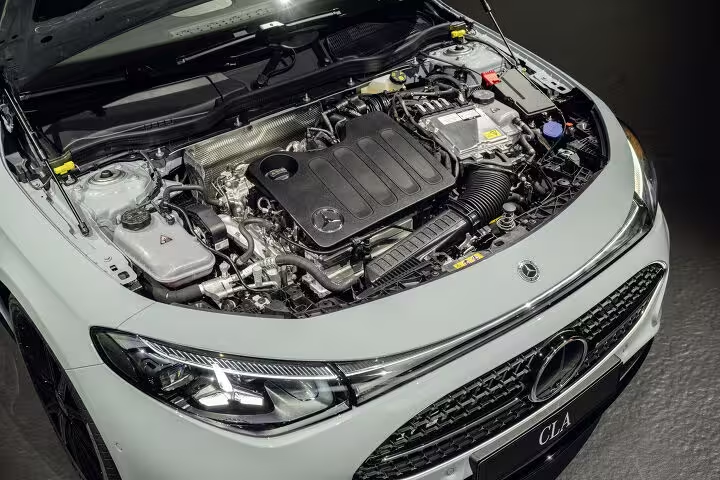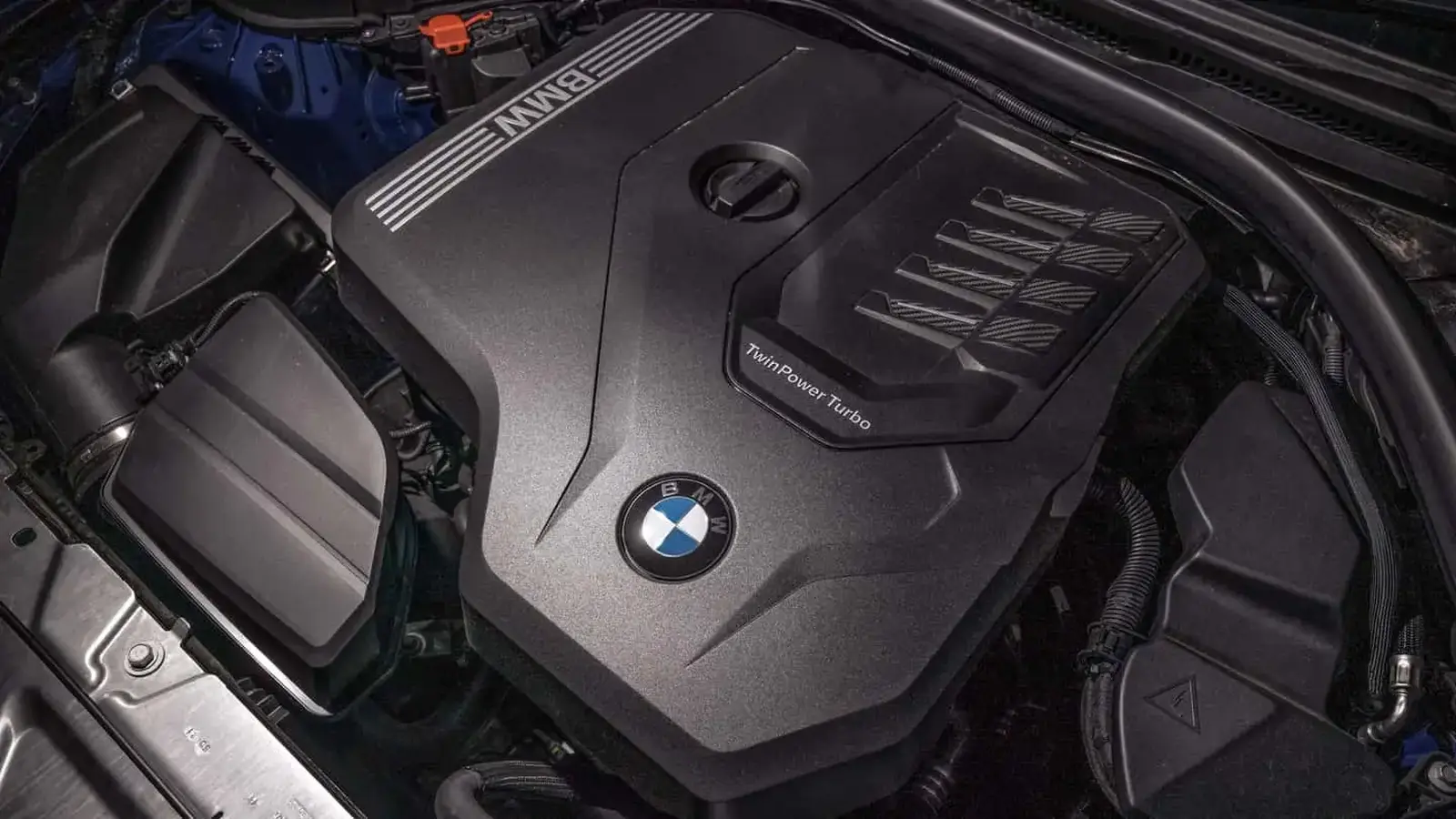4 Minutes
A surprising engine partnership on the horizon
A persistent rumor out of Germany suggests Mercedes‑Benz could buy four‑cylinder engines from rival BMW for use in some of its models beginning in 2027. First reported by Manager Magazin and amplified by Autocar, the talks reportedly center on a BMW 2.0‑liter turbocharged unit — likely a derivative of the familiar B48 — being used as a plug‑in hybrid (PHEV) motor or range extender in Mercedes vehicles.
Why BMW's 2.0‑liter B48 is a logical choice
The B48 family is a proven, flexible turbocharged inline‑four built in Steyr, Austria, and offered in transverse and longitudinal configurations. That flexibility makes it attractive for compact and mid‑size Mercedes platforms, where manufacturers need compact packaging and scalable powertrain layouts. As a modular unit, the B48 can be tuned for different power outputs and used as a combustion engine within a PHEV system or as a range extender tied to an electric drivetrain.
How this compares with Mercedes’ own M252
Mercedes recently introduced its M252 four‑cylinder in the CLA, paired with a mild‑hybrid system. However, reports indicate the M252 is not well suited to plug‑in hybrid architectures and is manufactured in China — a factor that could raise tariffs for US‑bound cars. Sourcing a BMW unit, or co‑building engines in a US plant, could avoid those costs and better integrate with Mercedes’ PHEV requirements.

Vehicle specifications & performance implications
Exact Mercedes applications and output figures remain unconfirmed. In general, a modern 2.0‑liter turbo inline‑4 like BMW’s B48 offers strong midrange torque, efficient fuel consumption, and the ability to be calibrated across a range of horsepower figures depending on boost, tuning, and hybrid integration. When used as a PHEV engine or range extender, the focus shifts to efficiency and smooth, responsive operation rather than outright peak power.
Design and integration considerations
BMW’s engine architecture supports both longitudinal and transverse installations, which simplifies integration into Mercedes’ compact and midsize chassis. Packaging, cooling, and control‑unit compatibility will be key engineering tasks. If the engine is used primarily as a generator in a series hybrid or as the combustion element in a PHEV, calibrations for NVH (noise, vibration, harshness) and emissions will be prioritized.
Market positioning and strategic context
The timing of the rumor coincides with Mercedes’ recalibration of its electrification roadmap. After initially targeting EV‑only sales by 2030, Mercedes adjusted expectations and confirmed that internal combustion technology will remain part of its strategy into the 2030s. Buying engines from BMW — or co‑investing in a shared US production site — could reduce costs, avoid tariffs, and speed product launches in regions where plug‑in hybrids still play a major role in the transition to electrification.
Comparisons and industry precedent
BMW already supplies engines to other manufacturers, including Morgan, Ineos, and Range Rover, and has collaborated closely with Toyota on the Supra. However, a large‑scale powertrain supply deal between BMW and Mercedes would be unprecedented between these two German luxury marques and would mark a notable shift toward pragmatic collaboration in a high‑cost, rapidly changing market.
What to watch next
Both companies have been approached for comment; BMW declined to comment, and Mercedes has not publicly responded. Key developments to monitor include official confirmations, details about which Mercedes models would receive the engine, whether a US production facility is planned, and technical specifications once a formal agreement is announced.
Source: motor1


Leave a Comment